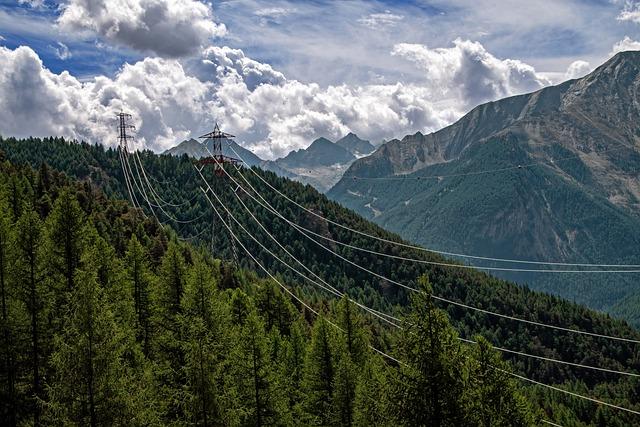Introduction:
Trees are often regarded as the lungs of the Earth, providing essential oxygen and serving as vital components of ecosystems worldwide. However, beyond their environmental importance, trees also hold a fascinating potential as living laboratories for scientific research and exploration. This article delves into the concept of “Trees as Living Laboratories,” shedding light on how various tree species, from fruit trees like olive, cherry, and pear to diverse forest trees, offer unique opportunities for study and innovation [1]. By exploring the rich structured forests with a mix of tree species, challenges such as replacing spruce plantations and fostering resilient ecosystems are addressed [2]. The article also discusses how sustainability living labs can serve as a methodological approach to understanding and promoting sustainable development in cultural contexts [3]. Join us on a journey to uncover the hidden potential of trees as living laboratories, where nature and science converge in the most captivating ways.
Trees as Living Laboratories
**Benefits of Using Trees as Living Laboratories:** Trees serve as invaluable living laboratories for various research endeavors. With advancements in remote sensing technologies, researchers can harness the power of tree-based studies for monitoring, planning, and management of forests [1]. This approach not only provides real-time data but also contributes to sustainable forestry practices and ecologically sound management strategies.
**Key Research Areas for Tree-Based Studies:** One essential aspect of tree-based research involves modeling native and cultivation ranges of tree species by integrating environmental and genetic data, as demonstrated in the TREES4FUTURE project [2]. Understanding the genetic makeup and environmental adaptations of trees is crucial for conservation efforts, species preservation, and ecosystem resilience.
**Methods for Monitoring and Analyzing Tree Health:** In urban environments, trees play a vital role in mitigating stress factors. Analyzing tree growth conditions while considering their ecological role is fundamental for urban tree health management [3]. Implementing effective monitoring methods, such as using remote sensing technologies and data analytics, can provide valuable insights into tree health and resilience.
Q&A
Q: What are the benefits of using trees as living laboratories?
A: Trees serve as excellent living laboratories due to their longevity, diverse species, and ability to respond to various environmental conditions. They provide valuable insights into climate change, urban ecology, and plant physiology.
Q: How can trees be utilized as living laboratories for research purposes?
A: Researchers can study tree growth patterns, responses to stressors like pollution or climate change, and their interactions with other living organisms in their ecosystem. By monitoring trees over time, scientists can gather data on long-term trends and changes.
Q: Are there any notable examples of trees being utilized as living laboratories?
A: Yes, institutions like the UC Davis Arboretum have been leveraging trees as living laboratories since 1936. Additionally, urban plantings in cities serve as valuable resources for studying plant physiology and response to climate change.
References:
1. [1]
2. [2]
3. [3]
Conclusion
trees serve as invaluable living laboratories that offer insights into ancient environmental changes, aid in tackling the climate crisis, and provide a diverse range of benefits. By studying trees in living collections and planting billions more, we can unlock the secrets of our past and work towards a greener future. The potential of trees as living laboratories to revolutionize our understanding of the environment and promote sustainability is truly mind-blowing. Embracing trees as integral components of our ecosystems can lead to impactful solutions for climate change and beyond. Let’s continue to explore, learn, and harness the power of trees as living laboratories for a more sustainable world.[1] [2] [3]
Simpsons Tree Services, Servicing Melbourne’s North Eastern Suburbs
Book a quote online at www.simpsonstrees.com.au




